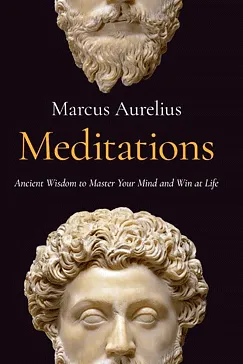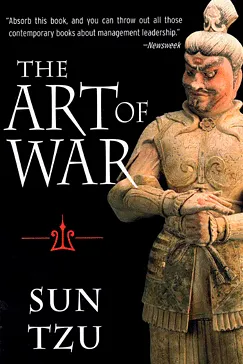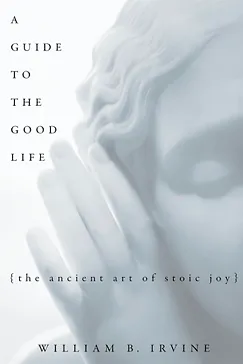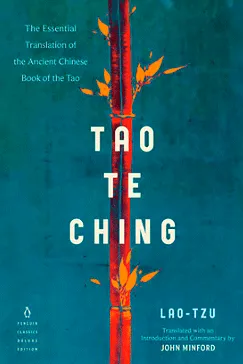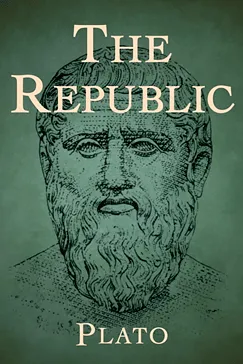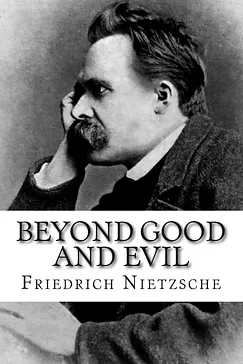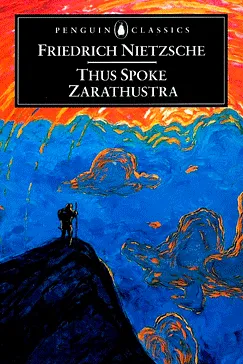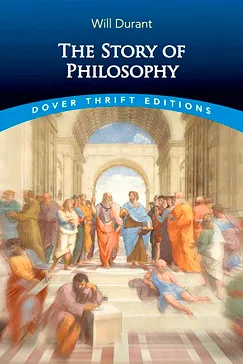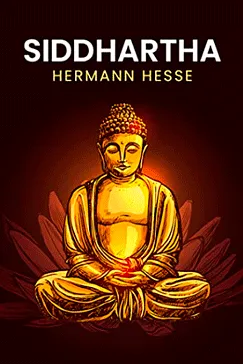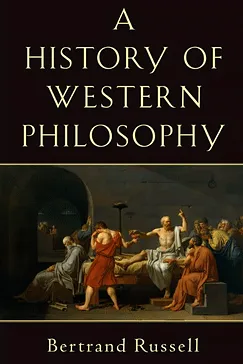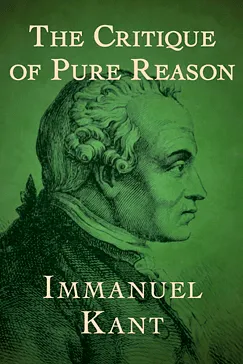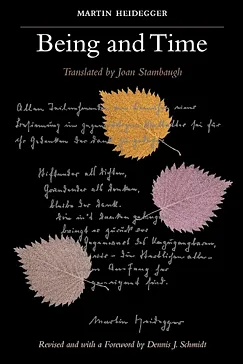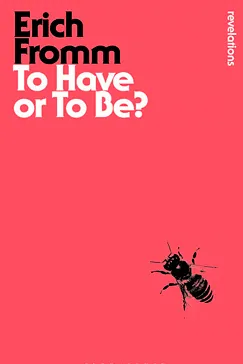Contemplate the big questions of existence with our selection of the best philosophy books of all time.
Man's Search for Meaning
This is a profound work by a psychiatrist who survived the Holocaust and one of the truly great books concerning human suffering and the ability to endure it. It is about meaning in life under the most brutal conditions, based on his experience in a Nazi concentration camp. He introduces to us logotherapy – a psychotherapy that emphasizes the will to find meaning as the primary motivational force in human life. This book lets one get an understanding of how a man may behave with dignity against the adversities of life and that he may find a meaning in his life even where there is no hope. It's a powerful testament to the human spirit's capacity to transcend unimaginable adversity.Meditations
Imagine you are to choose a book that is just ideal for reading right now, one that delves into the personal struggles and life’s philosophical ponderings of a Roman Emperor. This book gives one deep knowledge of Stoicism focused on self-discipline, personal ethics, and inner peace. The author questions, through a series of personal reflections, the nature of human existence that must be lived in consonance with reason and virtue. A map for resilience and serenity in an increasingly mad world, it’s an invitation to the readers to focus on what they can control and let go of the rest.The Art of War
The text is basically about some principles which never go out of date in any conflicts and competitions. It is about a balanced importance given to planning, flexibility, and understanding of your own strengths and weaknesses as well as those of your opponent. He has outlined the principles for application not only in warfare but also in personal and professional challenges. Teach adaptability, the art of deception, apart from instilling the importance of speed and preparedness in the brief chapters. A classic guide, it provides insights into achieving victory with minimal conflict.The Righteous Mind
Expose the mysteries of why people are divided by politics and religion. The storyline exposes how moral judgments come not from logic but from the gut, and how reasoning comes afterward in the attempt to justify those intuitions. It raises a radical theory that our moral values rest on six critical pillars that will differ from one culture to another, creating our political, religious and ideological lives. In appreciating this, we can appreciate how to communicate superiorly across moral and political crevasses. It is a deep dive into human nature and morality, hence giving insights into how more cooperative and understanding societies can be nurtured.A Guide to the Good Life
Recommended by: Matt Ogus, Marc AndreessenThis book might be referred to as modern Stoicism – a.k.a. "Stoic philosophy" – which is a school of thought on how an individual should lead their life. The book advises in the practical self-contemplation of one's inner state in order to attain a state of inner peace, to outface adversity, and to satisfy one's personal contentment. The reader learns through lively examples and lucid explanations how to put the principles of Stoicism into practice in one's life, showing what really matters and letting go of things that are of no use. It is a guide to fulfillment, and guides a person to meet the needs and dodge the negativity while cherishing the simple pleasures of life where one finally attains happiness and deep contentment.Tao Te Ching
It laid down the foundational guideline leading to the practice of Taoism, offering insight into figures central to this philosophy. Part of the Shambhala Pocket Library series, it presents a series of very profound and great teachings in poetic form, centering on living simply, humbly, and mostly in sync with nature. Through its verses, readers are invited to meditate deeply upon questions about what the essence of existence is and what the virtues of leadership are.The Republic
In this book of philosophy, the writer dwells on the idea of justice and an ideal state. He does that through a set of dialogues on what the society is, what the philosopher-king does, and how a republic, in an ideal setting, should be crafted. The work also introduces the notion of reality, which includes the theory of the Forms and the famous allegory of the cave. It shakes the readers on the reflection of the core truth, governance, and the way the soul gets enlightened. This timeless piece encourages deep thought on how societies should be organized and governed for the greater good.Beyond Good and Evil
Recommended by: Marc Andreessen, PewDiePieIn this philosophical work, Nietzsche goes to the subtleties of morality, where he challenges traditional notions of good and evil. He postulates that the same are not absolute but rather societal constructs shaped by the will to power. The book criticizes past philosophers who have stuck to these binary moral frameworks and poses a more nuanced account of human behavior and ethics. Nietzsche calls for the revaluation of moral values, the establishing of a philosophy which will recognize the fluidity and subjectivity of morality. This thought-provoking journey invites readers to question the moral beliefs that have probably been in their minds for so long and consider a more individualistic approach towards ethics.Thus Spoke Zarathustra
The hero in this philosophical novel is Zarathustra, who comes out from a solitude that lasted ten years with the aim of sharing his wisdom with mankind. He teaches about the Übermensch, the superior human being, and he speaks of the death of God, pointing out the importance of individualism and self-overcoming. Explored through a series of speeches and encounters, the themes in this classic text addressed the questions on love, power, and the eternal recurrence of all events. It calls on the reader to question morals as previously conceived and to entrust one's self to the act of creation and freedom, without suggestions from above.The Story of Philosophy
Recommended by: Robert KiyosakiAn accessible guide to understanding the lives, ideas, and key works of the world's most important philosophers, from Plato to Nietzsche. It makes complicated philosophical ideas into easy insights, showing how they've shaped the way we think about the world. In lively stories, it draws the lines from philosophy to lived experience to propose wisdom at once timeless, stimulating, and enriching to our grasp of existence, knowledge, and happiness.Siddhartha
The story is about Siddhartha, a young man who goes on a journey of self-realization and to reach spiritual enlightenment, learning to see the reality around him. Born into a rich family in the ancient region of India, during the course of his life, he gets fed up with the meaningless bustle of life. Searching for more, Siddhartha goes on an exploration of quite a number of spiritual and philosophical ways. He will go through love and loss and temptation along the way, only to later discover that it is inside where wisdom and peace really are. It was a deep exploration of human search for understanding and connections, showing how important personal experience and inner reflections are on the way to enlightenment.A History of Western Philosophy
Embark on an insightful journey to the development of Western philosophy from the pre-Socratic thinkers up to the early 20th century. This guide highlights the thoughts and contributions of major philosophers from Plato and Aristotle to Descartes and Kant. It explores how their views shaped the Western intellectual orientation on things, influencing the notions of knowing, what was real, and morality. The story links philosophical theories to historical contexts, making accessible and engaging complicated ideas with clarity and wit. This book has offered a sparkling overview of the philosophical foundations, which has built the western culture, inviting the readers to reflective travel in the development of human thought.Critique of Pure Reason
It is therefore in this philosophical masterpiece that Immanuel Kant asks concerning the limits and the powers of human reason. He maintains that knowledge about the world comes from our senses, but that pure reason alone cannot penetrate the whole of reality. Kant distinguished between phenomena (the way things appear to us) and noumena (the way things really are). According to him, the basis of ethical action or moral principle lies in rational thought, not in empirical observation. The book is hence thought-provoking and philosophical as readers are forced to think of the perimeters of human understanding and the basis of moral judgments, both leading to deep insights into the nature of knowledge, reality, and ethics.Escape from Freedom
This sensitive piece of work towards freedom is actually more of a psychological inquiry. It explains that the rise of democracy, together with the industrial revolution, is stating that though people are more 'free' than what they have been in the past, they in fact are feeling more out of place and anxious. The book considers the paradox of wanting freedom and fearing it both at the same time, so that people indeed escape from freedom by means of authoritarian mechanisms, conformity, and destructiveness. It is a deep analysis of human being and our quest to discover true freedom and individuality.Being and Time
The Being and Time is a delving into the nature of being taking the reader to the deep-downs of existential philosophy. This brilliant work moves readers to question the basic aspects of existence and our involvements with time. It presents the idea of "Dasein," meaning being which is conscious and is interrogative to its existence. This is an amazing work of deep reflection on ways of understanding ourselves and our place in the world through rich analyses of time, being, and the human condition.To Have or To Be?
This very important work of the author explains one of the two basic types of being: having and being. According to the author, the modern society is a society of having and possessing, and so much emphasis is placed upon it, which leads to feelings of emptiness and unhappiness. The book therefore, through a mix of psychology, philosophy, and social critique, propagates for a turn to be – that is, to experiences, relations, and personal development. This should further imply to the reader that real happiness and satisfaction come from such a manner of being – since, again, he is practically suggesting the re-evaluation of the most basic priorities on Earth in order to come closer to the world and to oneself.
List of top rated Philosophy books everyone should read. Best sellers only!

